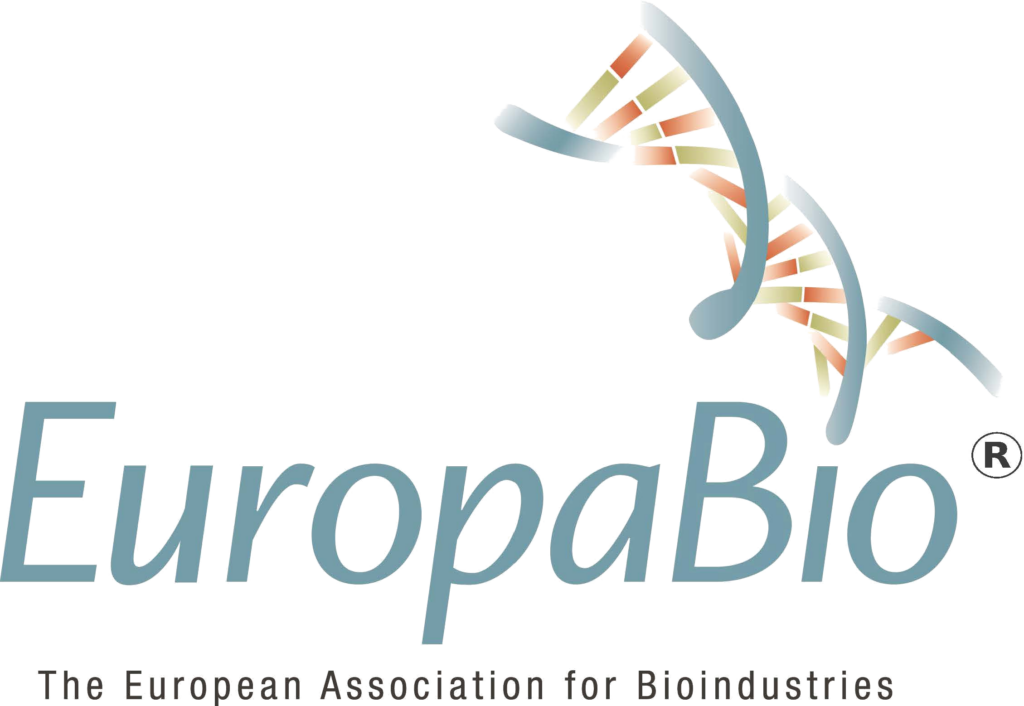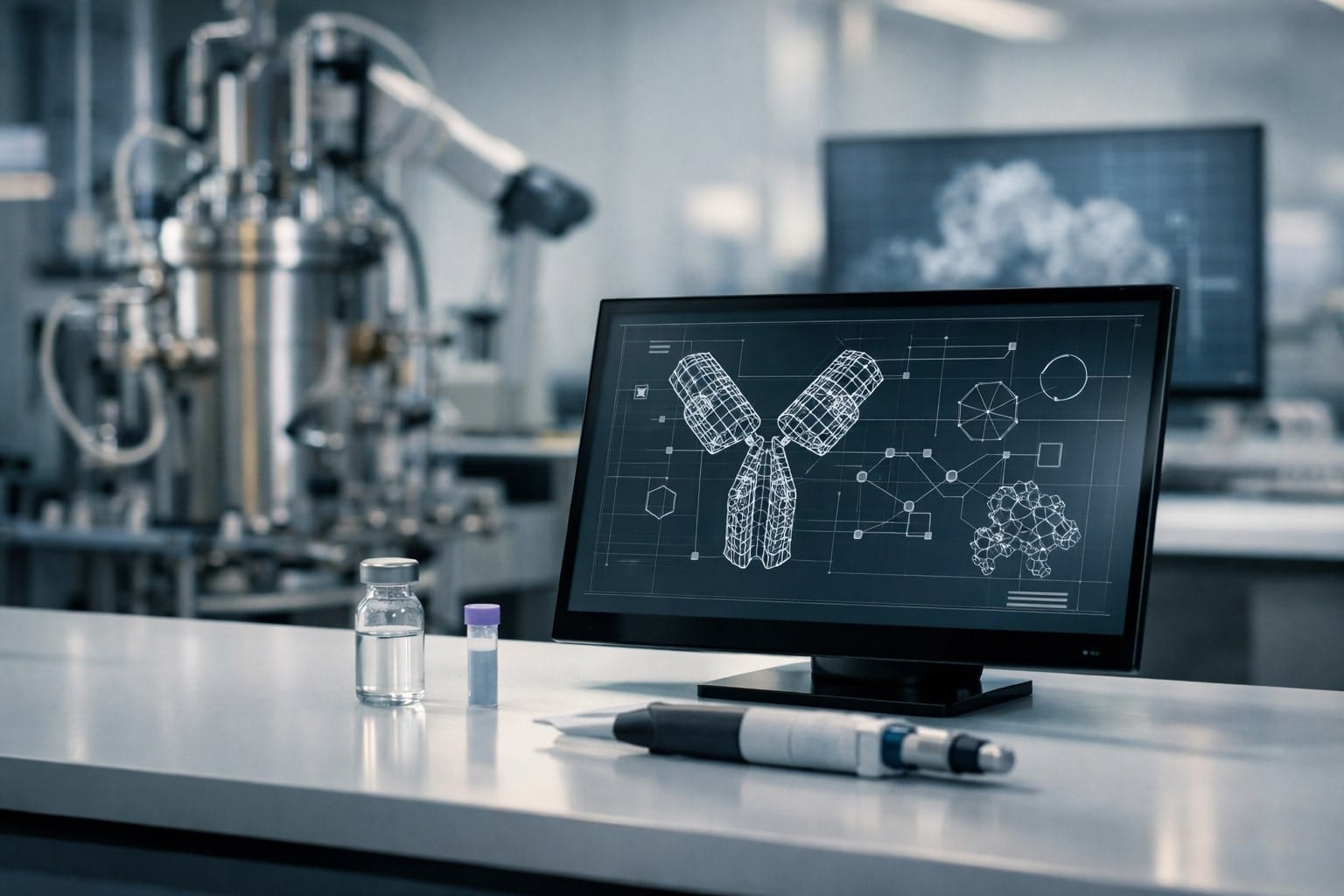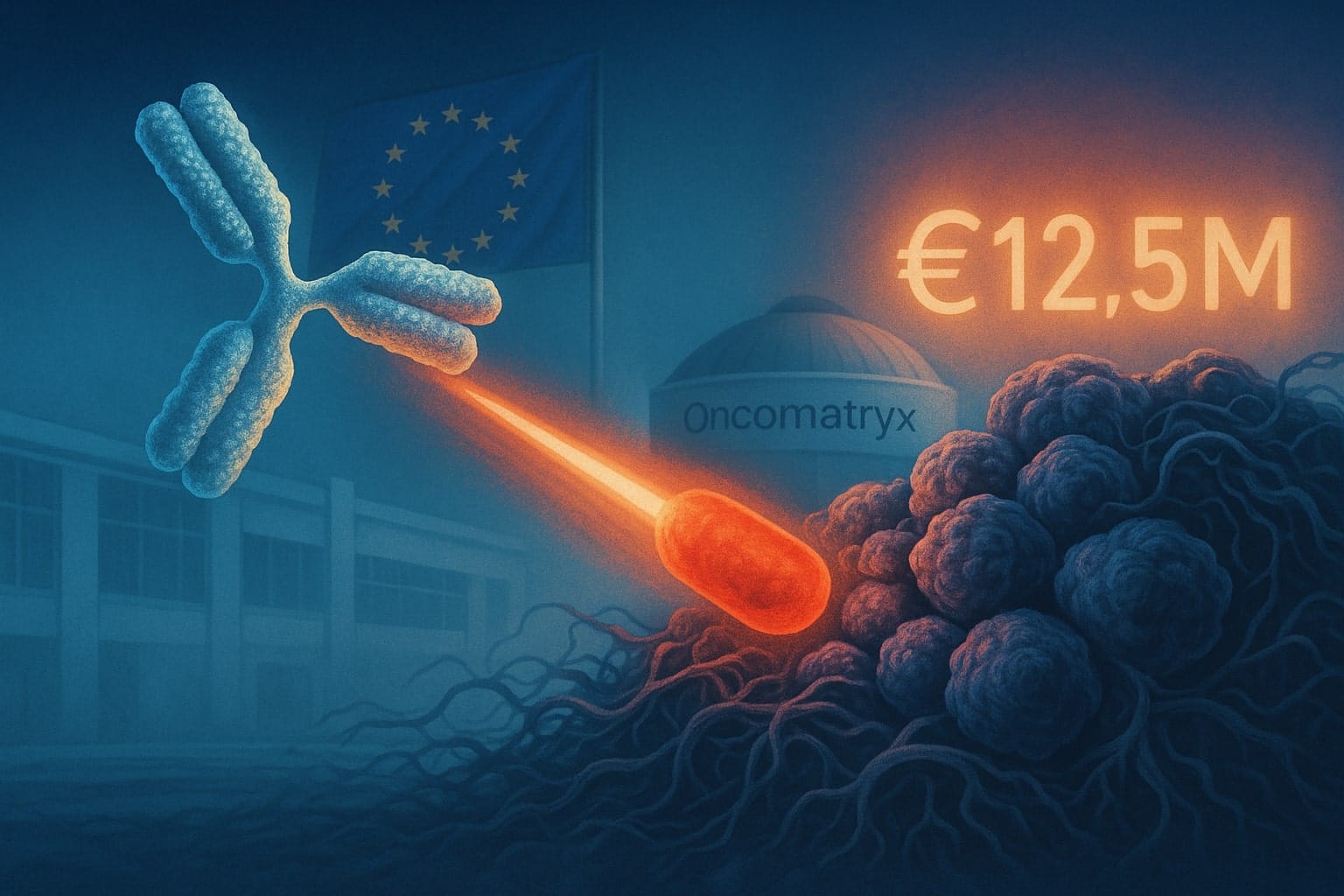Table of Contents
ToggleExecutive Summary
The EU Biotech and Biomanufacturing Initiative is a comprehensive effort by the European Commission to enhance the competitiveness of the European biotechnology sector. Announced by President Ursula von der Leyen, the initiative aims to establish a Biotech Hub, streamline biomanufacturing approvals, and support the transition to a sustainable and climate-neutral economy. This report outlines the initiative’s goals, industry support, expected impacts, and the challenges it faces.
Introduction
The European Commission has introduced the EU Biotech and Biomanufacturing Initiative to strengthen Europe’s position in the global biotech industry. Unveiled by European Commission President Ursula von der Leyen, the initiative responds to the growing need for innovation and sustainability in biomanufacturing. The biotech sector, recognized as one of the most promising technological areas of the century, plays a critical role in achieving the EU’s strategic objectives, including climate neutrality, health security, and economic growth.
The initiative was formally announced in the State of the Union address in September 2023 and further detailed in March 2024. It seeks to address existing regulatory hurdles, improve market access, and foster a supportive environment for research and development. By establishing a Biotech Hub, the initiative aims to streamline processes and provide a centralized support system for biotech companies across Europe.
Key industry stakeholders, including EuropaBio and the Bio-based Industries Consortium (BIC), have welcomed the initiative. They emphasize the need for ambitious measures to ensure the EU remains competitive and innovative. The initiative is seen as a crucial step towards unlocking the potential of biotechnology to drive economic growth and sustainability.

Objectives of the Initiative
The EU Biotech and Biomanufacturing Initiative aims to enhance the competitiveness and innovation capacity of the European biotechnology sector. The initiative focuses on several key objectives:
- Establishing a Biotech Hub: The creation of a central Biotech Hub is intended to streamline regulatory processes and provide essential support to biotech companies, facilitating easier navigation through regulatory frameworks and improving access to necessary resources and expertise.
- Easing Biomanufacturing Approvals: By simplifying the approval processes for biomanufacturing, the initiative aims to accelerate the transition from research and development to commercial production, thus fostering a more dynamic and responsive biotech industry.
- Promoting Sustainability: The initiative aligns with the EU’s broader goals of achieving a climate-neutral economy. It emphasizes the role of biotechnology in developing sustainable solutions that contribute to environmental conservation and the reduction of carbon footprints.
- Supporting Innovation and Market Access: Enhancing the regulatory environment to encourage investments in research and development, the initiative aims to foster innovation and ensure that new biotech products can reach the market more efficiently.
- Improving Infrastructure and Skills: There is a focus on scaling up infrastructure from lab scale to commercial markets and improving access to skilled labor. This involves providing incentives to attract top talent in both business and biomanufacturing sectors.
- Enhancing Access to Feedstock: Improving access to sustainable biomass and other feedstocks necessary for biomanufacturing is critical for the growth of the sector. The initiative seeks to ensure a steady supply of these resources.
Industry Support and Collaboration
The success of the EU Biotech and Biomanufacturing Initiative heavily relies on collaboration among various stakeholders. The initiative outlines a comprehensive framework for stakeholder engagement:
- Industry Involvement:
- The initiative has garnered strong support from various industry stakeholders and organizations, reflecting its importance for the future of European biotechnology. Key supporters include EuropaBio, the Bio-based Industries Consortium (BIC), and numerous other industry associations.
- EuropaBio, representing over 2600 biotech companies, emphasizes the need for bold actions and high-level leadership to drive the initiative’s implementation. They advocate for a harmonized regulatory framework and strategic incentives to ensure Europe remains at the forefront of global biotech innovation.
- The Bio-based Industries Consortium highlights the potential of the bioeconomy to power a sustainable and resilient Europe. They call for making bio-based industries a strategic sector within the green and digital transition, accelerating bio-manufacturing capabilities, and increasing the supply of sustainable biomass.
- Academic and Research Institutions:
- Universities and research centers across Europe will be essential in advancing biotech R&D. The initiative will support joint research projects, innovation hubs, and the establishment of consortia to foster collaborative research and technology transfer.
- Public Sector and Policy Makers:
- The European Commission, along with national governments, will lead the initiative’s implementation. They are tasked with developing supportive policies, securing funding, and streamlining regulatory frameworks. The involvement of bodies like the EESC and various EU agencies will ensure that policies are well-coordinated and effectively address industry challenges.
- Civil Society and NGOs:
- Organizations focused on sustainability, public health, and environmental impact will be engaged to ensure that the initiative aligns with societal values and sustainability goals. Their input will be crucial in shaping policies that balance innovation with environmental and social responsibility.
In addition, stakeholders stress the importance of public understanding and recognition of biotechnology’s role in future economic and societal transitions. Collaborative efforts between the European Commission, Parliament, and Member States are deemed crucial to the initiative’s success.
Expected Impact
The EU Biotech and Biomanufacturing Initiative is anticipated to have a profound impact on the European biotechnology sector and the broader economy. The initiative’s expected benefits include:
- Economic Growth and Job Creation: By streamlining regulatory processes and enhancing support for biotech companies, the initiative aims to foster innovation and accelerate the commercialization of biotech products. This is expected to create new job opportunities and contribute significantly to the EU’s economic growth. The biotech sector is already a substantial contributor, with the potential to increase its impact through enhanced regulatory and financial support.
- Sustainability and Climate Goals: The initiative aligns with the EU’s commitment to a climate-neutral economy by promoting the use of bio-based products and reducing reliance on fossil fuels. This shift is expected to decrease the carbon footprint of various industries, aiding in the transition to more sustainable and environmentally friendly practices.
- Innovation and Global Competitiveness: By addressing regulatory hurdles and improving access to finance, the initiative aims to position Europe as a global leader in biotechnology and biomanufacturing. This includes fostering innovation through research and development, supporting the scale-up of new technologies, and enhancing market access for biotech products.
- Health and Societal Benefits: Advances in biotechnology and biomanufacturing are expected to lead to better healthcare solutions, improved food security, and more sustainable agricultural practices. These benefits contribute to the overall well-being of European citizens and support the EU’s health security objectives.
Challenges and Considerations
Despite its promising outlook, the EU Biotech and Biomanufacturing Initiative faces several challenges that need to be addressed to ensure its success:
- Regulatory Complexity: One of the primary challenges is the complex regulatory environment that biotech companies must navigate. Streamlining these regulations and creating a more harmonized framework across EU member states is crucial to reduce barriers to market entry and foster innovation.
- Access to Finance: Securing adequate funding for biotech projects remains a significant hurdle. The initiative aims to leverage various EU financing instruments, such as Horizon Europe and the Strategic Technologies for Europe Platform (STEP), to support innovation and scale-up efforts. Ensuring that these funds are accessible and sufficient will be key to the initiative’s success.
- Public Acceptance and Awareness: Public understanding and acceptance of biotechnology are essential for its widespread adoption. Efforts to educate the public about the benefits of biotech innovations and address any concerns are necessary to build trust and support for the sector.
- Infrastructure and Skills: Developing the necessary infrastructure and skills to support the biotech and biomanufacturing sectors is another critical challenge. This includes investing in research facilities, enhancing educational programs, and creating partnerships to ensure a skilled workforce is available to meet the sector’s needs.
By addressing these challenges and leveraging the strengths of the European biotech sector, the EU Biotech and Biomanufacturing Initiative has the potential to drive significant economic, environmental, and societal benefits.
Conclusion
The EU Biotech and Biomanufacturing Initiative is poised to significantly impact the European biotechnology sector by fostering innovation, enhancing competitiveness, and promoting sustainability. By addressing regulatory hurdles, improving access to finance, and supporting public acceptance, the initiative aims to create a robust environment for biotech growth. Collaborative efforts between industry stakeholders and policymakers will be crucial to overcoming challenges and achieving the ambitious goals set forth by the initiative.












